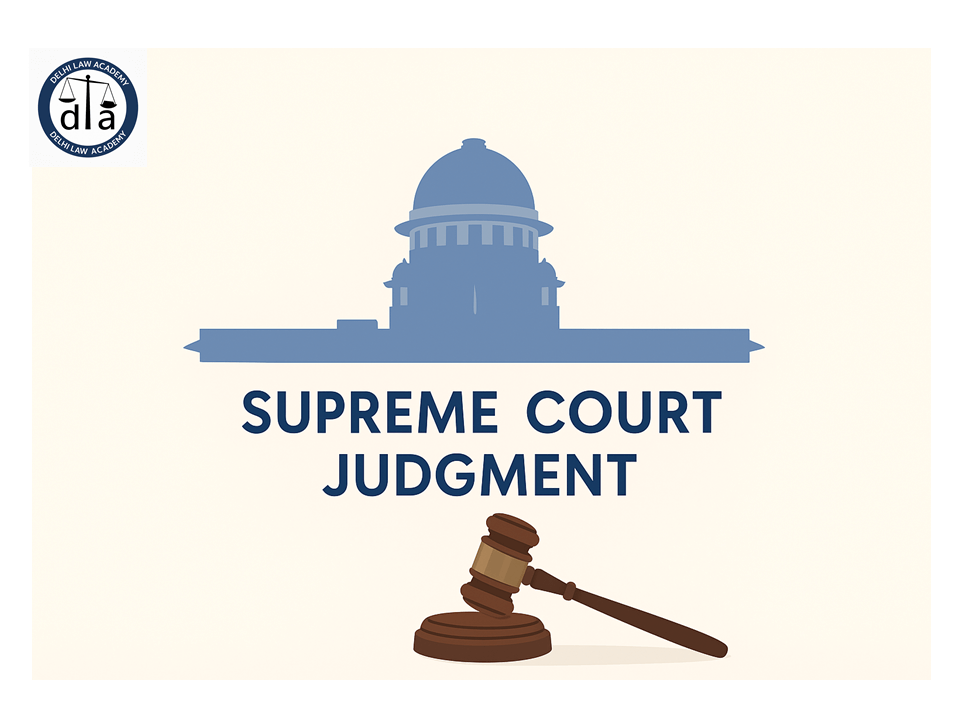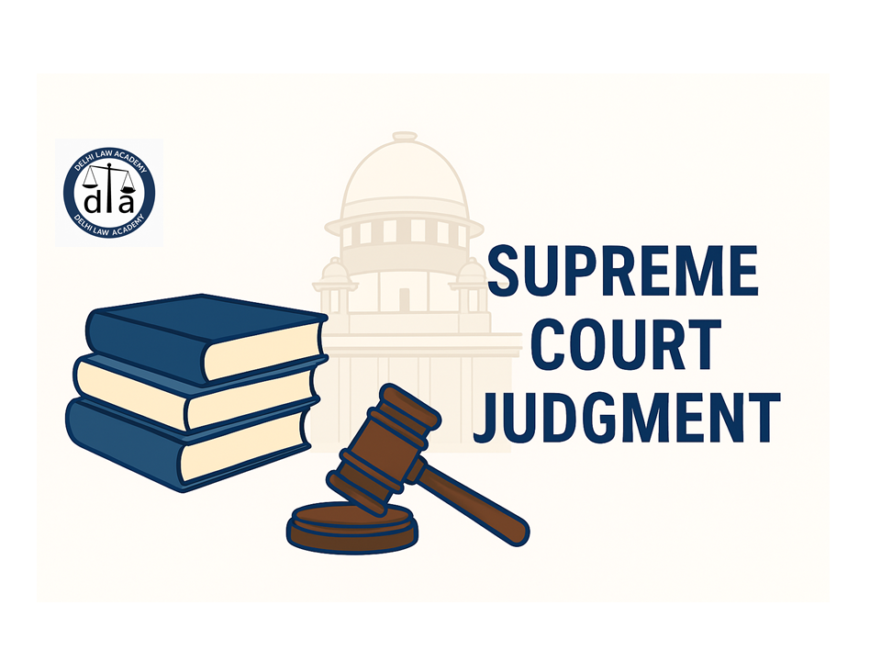
📌 Topics Covered
- ⚖️ Chronological Development of Law on Article 12 in Supreme Court
- 🔍 Scope of the term “State” in Article 12 as expanded by the Supreme Court
- 📚 Supreme Court judgments expanding the scope of State in Article 12
📜 Scope of ‘State’ in Article 12: Chronological Development in Supreme Court
⚖️ Case 1 – 1967: Rajasthan SEB v. Mohan Lal
❓ Question:
- Whether the Electricity Board, which was a corporation constituted under a statute primarily for the purpose of carrying on commercial activities, could come within the definition of “State” in Article 12?
✅ Decision [by a Constitution Bench of Supreme Court]:
- “The expression ‘other authorities’ in Article 12 will include all constitutional or statutory authorities on whom powers are conferred by law.”
- “It is not at all material that some of the powers conferred may be for the purpose of carrying on commercial activities.”
⚖️ Case 2 – 1975: Sukhdev Singh v. Bhagatram Raghuvanshi
❓ Question:
- Whether the Oil and Natural Gas Commission, the Industrial Finance Corporation and the Life Insurance Corporation, each of which were public corporations set up by statutes, were authorities and therefore within the definition of State in Article 12?
✅ Decision:
- Court could compel compliance of statutory rules. The concept would include a public authority which “is a body which has public or statutory duties to perform and which performs those duties and carries out its transactions for benefit of the public and not for private profit. Such an authority is not precluded from making a profit for public benefit”.
📌 Four Indicia for identifying agency/instrumentality:
- (1) State financial support + unusual degree of control over management and policies.
- (2) Whether the operation is an important public function.
- (3) State aid + public service may classify an operation as State agency. If the function is of such public importance and closely related to governmental functions, even absence of State aid may not matter.
- (4) The ultimate test: Is the corporation carrying on business as an agency/instrumentality of Government for the benefit of the public?
⚖️ Case 3 – 1981: Ajay Hasia v. Khalid Mujib Sehravardi
❓ Issue:
- Challenge under Article 32 to admissions made to a college established and administered by a society registered under the Jammu and Kashmir Registration of Societies Act, 1898.
- Contention: Even if admissions process was arbitrary, Article 14 was not available because the Society was not a State within Article 12.
✅ Decision:
- Tests for determining when a corporation is an instrumentality or agency of Government were summarised:
- (1) Entire share capital held by Government indicates instrumentality.
- (2) Financial assistance of State meets almost entire expenditure.
- (3) Monopoly status conferred or protected by State.
- (4) Deep and pervasive State control.
- (5) Functions of public importance closely related to governmental functions.
- (6) Transfer of a department of Government to a corporation is strong indication.
🎯 Conclusion:
- The Society was an authority within the definition of “State” in Article 12.
Case 4 (1981): Som Prakash Rekhi v. Union of India
❓ Question:
- Whether Bharat Petroleum Corporation was a “State” under Article 12?
✅ Decision:
- Bharat Petroleum Corporation was held to be a “State” within the “enlarged meaning of Article 12”.
Case 5 (1983): B.S. Minhas v. Indian Statistical Institute
✅ Decision:
- The Indian Statistical Institute, a registered society, is an instrumentality of the Central Government and as such is an “authority” within the meaning of Article 12 of the Constitution.
📝 Reasoning:
- The composition of the Institute is dominated by representatives appointed by Central Government.
- Money required for running the Institute is provided entirely by the Central Government, and even if any other moneys are to be received by the Institute, it can be done only with the approval of the Central Government.
- The accounts of the Institute have to be submitted to the Central Government for its scrutiny and satisfaction.
- The Society has to comply with all such directions as may be issued by the Central Government.
📌 Conclusion:
- Control of the Central Government is deep and pervasive.
Case 6 (1984): P.K. Ramachandra Iyer v. Union of India
✅ Decision:
- Both the Indian Council of Agricultural Research (ICAR) and its affiliate, the Indian Veterinary Research Institute, were bodies comprehended in the expression “other authority” in Article 12 of the Constitution.
Case 7 (1986): Central Inland Water Transport Corpn v. Brojo Nath Ganguly
✅ Decision:
- The appellant Company was covered by Article 12.
📝 Reasoning:
- It is financed entirely by three Governments and is completely under the control of the Central Government.
- It is managed by the Chairman and Board of Directors appointed by the Central Government and removable by it.
- The activities carried on by the Corporation are of vital national importance.
Case 8 (1988): Tekraj Vasandi v. Union of India
✅ Decision:
- Institute of Constitutional and Parliamentary Studies (ICPS), a society registered under the Societies Registration Act, was held not to be an “other authority” within the meaning of Article 12.
Case 9 (1991): Chander Mohan Khanna v. NCERT
❓ Question:
- Whether the National Council of Educational Research (NCERT) was a “State” as defined under Article 12 of the Constitution?
📝 Reasoning:
- NCERT is a society registered under the Societies Registration Act.
- Since NCERT was largely an autonomous body and the activities of NCERT were not wholly related to governmental functions, and the government control was confined only to the proper utilisation of the grant, the case did not satisfy the requirements of the State under Article 12.
Case 10 (2002): Mysore Paper Mills v. Mysore Paper Mills Officers’ Assn
✅ Decision:
- A company substantially financed and financially controlled by the Government, managed by a Board of Directors nominated and removable at the instance of the Government, and carrying on important functions of public interest under the control of the Government, is “an authority” within the meaning of Article 12.
📚 Further Reading for Law Aspirants
Explore more useful resources from Delhi Law Academy to strengthen your preparation:
❓ Frequently Asked Questions (FAQs)
Contact us
📍 Delhi Law Academy – Jaipur Branch
6C, Tower 2, Coaching Hub, Pratap Nagar, Jaipur – 302033
📞 Phone:
+91 9911916552
+91 8447285606
✉️ Email:
contactus@delhilawacademy.com

